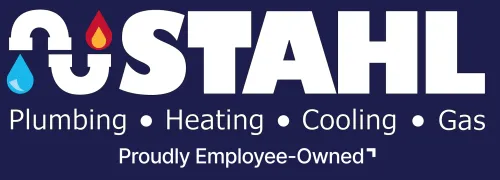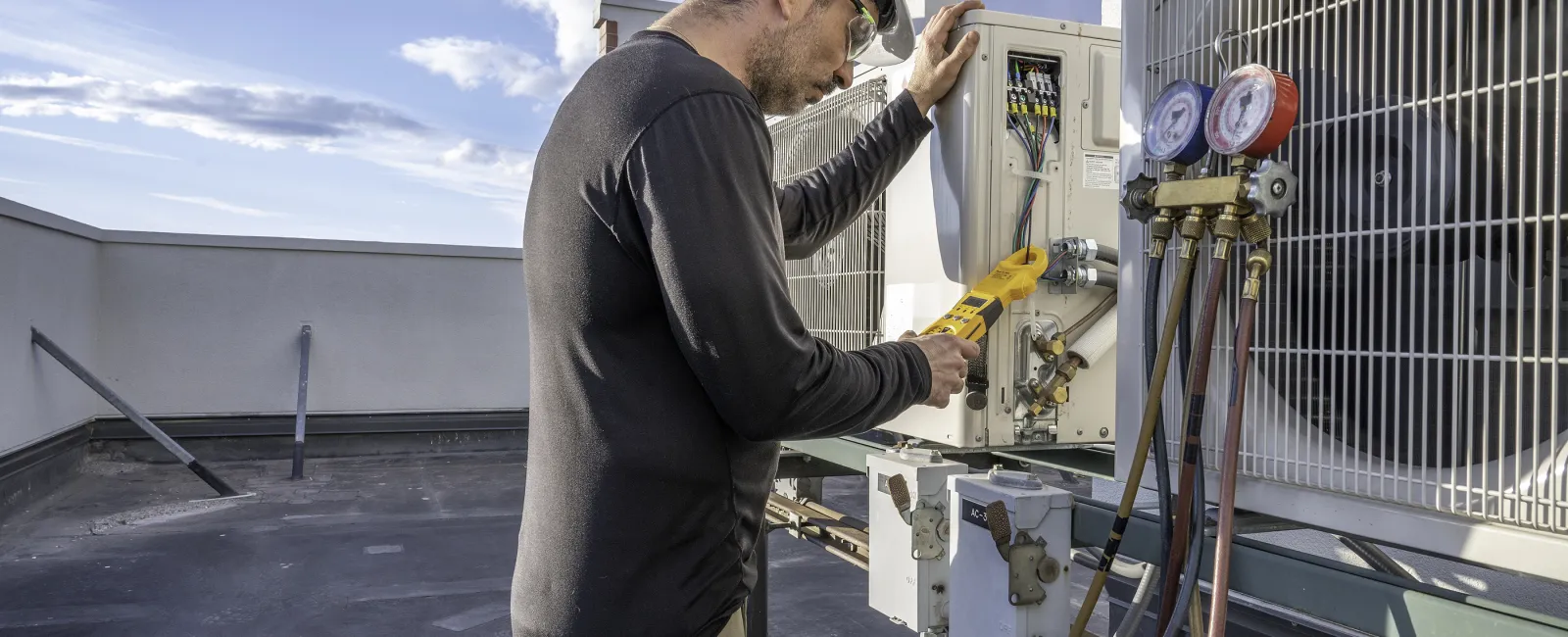One of the central systems in any home is the heating, ventilation, and air conditioning (HVAC) unit. From the blazing summer temperatures to the cold in winter, these hard-working systems ensure our home stays comfortable. And while thermostat fights might occasionally happen between family members, keeping your HVAC system running at peak efficiency is necessary.
However, even with yearly check-ups, an aging HVAC
can still struggle. Not only does an HVAC
unit require regular maintenance, but careful homeowners must also keep a close eye
on it to ensure it's operating correctly. Here are seven possible signs that
your HVAC might need to be replaced.
●
Indoor temperature and humidity
The home's interior temperature is the first and best sign of an HVAC issue. The HVAC is probably an issue if the house feels unusually hot or cold. Similarly, if the house's interior is sticky and humid, it's time for a checkup.
●
Strange Smells
Unruly teenagers aside, strange smells permeating the air vents mean there could be a problem with the HVAC. Foul odors should be checked, including the faint smell of burning rubber, mold, or rotting. Do a quick walk around outside the house, and if the HVAC smells musty or has other lingering smells, contact a professional as soon as possible.
●
Thermostat Issues
When the temperature on the thermostat doesn't match the temperature of the house, then it's time to schedule some maintenance. Turn the thermostat down to see whether the air conditioning switches on. However, the thermostat could have an electrical issue or relate to the HVAC unit if the temperature still feels off.
Consider switching to a smart home system or a programmable thermostat. These updated systems will save money on power and heating bills, are more accurate, and help homeowners identify issues earlier.
● Unusual Noises
A good HVAC is a silent HVAC. One warning side of an aging or failing HVAC unit can come in the form of unusual noises. The occasional odd noise is acceptable, but repeating sounds must be considered. HVACs that emit a hissing, clunking, grinding, or high-pitched squealing noise could have a broken belt, damaged parts, or problems with the wiring.
●
Increases to the power bill
While no one enjoys paying their electrical bill at the end of the month, a sudden increase in the power usage or payment amount could mean a problem with the HVAC. While sudden temperature spikes can cause unexpected charges, an abnormally high bill during mild weather can indicate that the HVAC is working too hard to maintain a standard temperature.
High electrical bills are a big problem with older HVAC units, and even if the HVAC unit still has a few years left, replacing the unit with a more energy-efficient system can help reduce high power bills.
●
Leaks or water puddles
Water puddles around the HVAC unit aren't a good sign without a recent rainstorm. Even a small leak can mean a larger problem with the unit itself and could indicate similar leaks inside the house.
Don't wait for water damage or mold to appear. Call a certified technician for an inspection as soon as possible.
●
Low airflow
During the hot summer months and the cold winter, homeowners should be able to feel a strong airflow coming from the vents. When there's a weak airflow from furnace, that means the system is no longer operating efficiently. Not only will this cause fluctuating temperatures in the house, but it can also increase an electrical bill as the system works harder to produce the same amount of air.
These problems arise due to HVAC age, but other issues could also be at fault. A thorough
inspection from a qualified professional is the best way to identify possible
problems.
If your HVAC sounds like it's about to launch a
rocket or feels like an expensive sauna inside the house, then it's time to
call a professional. Our trained experts at Stahl Plumbing, Heating, and Air
Conditioning can quickly solve any HVAC issue. Contact us today to schedule
a service.

